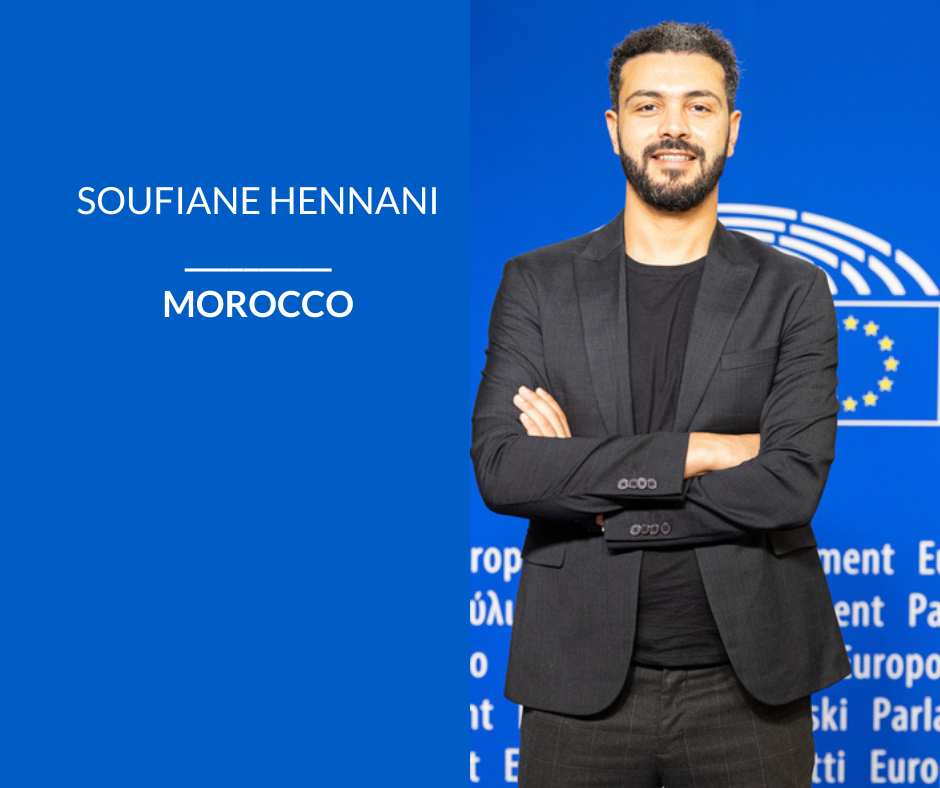Learning about the EU’s approaches to inclusion and equality
In November 2024, the European Union Visitors Programme (EUVP) provided me with an incredible opportunity to deepen my understanding of human rights, gender equality, and inclusion policies implemented by the EU institutions. As an activist for gender equality and sexual freedom based in Morocco, I was honoured to represent the voices of marginalized communities and engage in meaningful dialogues with officials (civil servants) working in the EU institutions and external stakeholders.
The programme organised a series of insightful meetings, allowing me to interact with key actors such a Member of the European Parliament (MEP), and the Vice President of an NGO which combats all forms of discrimination violence, particularly those motivated by homophobia. These encounters were pivotal in broadening my perspectives on how the EU approaches issues of equality and social justice. In particular, my conversation with the MEP highlighted the importance of intersectionality in policymaking, while my virtual meeting with the NGO was a deeply personal moment of shared advocacy against homophobia and for the dignity of all individuals.
Over the course of five days in Brussels, I participated in 18 bilateral meetings with representatives from the European Parliament, the European Commission, and other EU institutions. These discussions allowed me to gain firsthand insights into the EU’s human rights frameworks, including their approaches to gender equality, anti-discrimination, and LGBTQI+ inclusion. The meetings also provided a platform to share my own experiences and the challenges faced by activists in Morocco.
Beyond formal meetings, the programme facilitated a unique networking opportunity with fellow EUVP participants, each of whom brought diverse expertise and perspectives from across the globe. This exchange enriched my understanding of global solidarity and reinforced the importance of collaboration in addressing systemic inequalities.
Reflecting on the experience, the EUVP has empowered me to bridge the gap between local and global advocacy efforts. Upon my return, I have initiated discussions with local organisations to incorporate some of the EU’s best practices into our work in Morocco. Furthermore, the connections I made during the programme have already led to potential collaborations, including joint projects with the previously mentioned NGO.
I am deeply grateful to the EUVP for this enriching experience. The programme reaffirmed my commitment to advocating for a more inclusive and equitable society, and I look forward to fostering continued dialogue and cooperation between the EU and Moroccan civil society.
